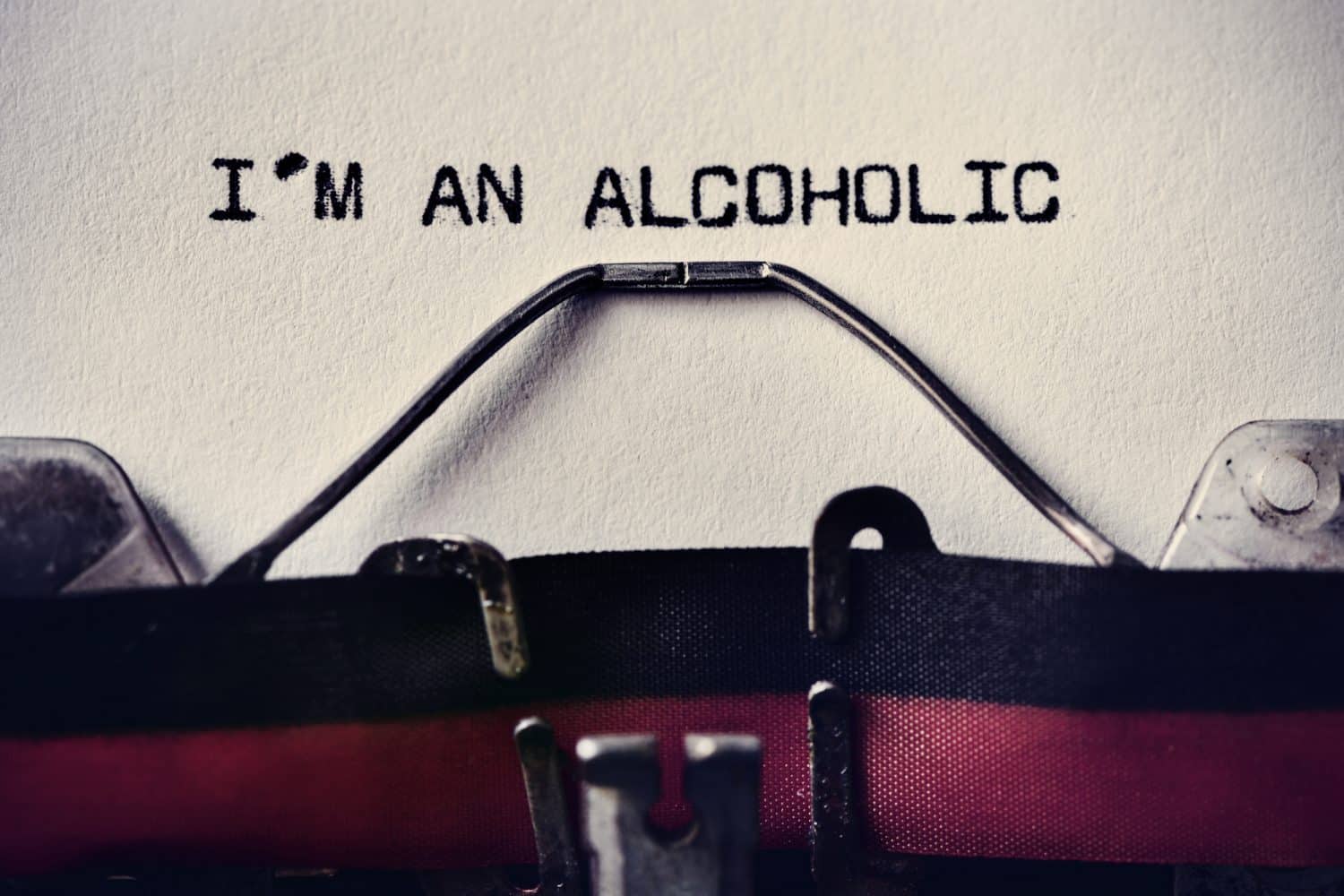
80% of Canadians (a little over 29 million) drink alcohol. That includes 15-year-old teens. Together with their older peers, they drank more alcohol per capita in 2016 – 10 liters – than the rest of the world.
No wonder the Great White North’s spending on alcohol reached $22.1 billion then. Sad to say, it’s also one of the reasons 77,000 Canadians ended up in hospitals during the same year.
Excessive alcohol consumption is no doubt a leading preventable cause of death. You don’t want this to happen, so it’s time you look into what are the 12 steps of AA.
Alcoholics Anonymous’ 12-step substance abuse recovery program can help you kick this dangerous habit – for life. But how exactly can it help you though?
This guide we’ll share with you covers the most important facts about it, so, keep reading!
What are the 12 Steps of AA – A Quick Overview
The “Big Book” – AA’s central text covering the 12-step program in detail – defines these steps as a set of spiritual principles. According to the book, practicing it as a way of life can help get rid of one’s obsession and craving to drink. As a result, it helps alcoholics become happier, more satisfied, and live “usefully whole.”
Although the 12 principles of AA are spiritual, anyone – spiritual or not – can benefit from it. You don’t have to be religious to start or complete the program. So long as you want and have the willingness to recover, you’ll find the support and guidance you need to attain sobriety.
That’s because for the most part, programs following these steps focus on self-awareness, clarity, and self-forgiveness.
Alcoholics Anonymous’ 12 Steps to Recovery
Overcoming addiction, according to the 12 steps of AA, starts with admittance. Here are the original steps and a brief explanation on how they can help alcoholics recover.
1. “We admitted we were powerless over alcohol – that our lives had become unmanageable.”
An alcoholic needs to admit that he/she has alcoholism. This is difficult however, because many don’t know the line between occasional and heavy drinking. Some people think that they drink only on occasion, but it’s possible that when they do, they consume excessive amounts of it.
Acknowledgement of one’s inability to stop drinking on his/her own is key to beginning the recovery process.
2. “Came to believe that a power greater than ourselves could restore us to sanity.”
Believing that there’s something greater than oneself is the next step to achieve sobriety through AA’s 12-step program.
AA members have the freedom to choose who or what this higher power is.
3. “Made a decision to turn our will and our lives over to the care of God as we understood Him.”
An alcoholic makes a conscious decision to turn over their lives to the higher power they choose to believe in. This form of “release” often leads to recovery from alcohol addiction.
4. “Made a searching and fearless moral inventory of ourselves.”
During this step, alcoholics need to conduct a thorough self-examination. For most, it’s uncomfortable and embarrassing.
However, it’s vital to be honest and transparent with oneself. It’s the key to realizing one’s mistakes, which is essential before self-forgiveness can happen.
It’s also during this step wherein alcoholics recall past experiences that may have further fueled their dependency on alcohol. In many cases, these situations have something to do with anger, regret, or guilt.
5. “Admitted to God, to ourselves, and to another human being the exact nature of our wrongs.”
In this step, one has to acknowledge and admit his/her poor behavior in the past. This time, however, alcoholics often share the details with their sponsor.
6. “Were entirely ready to have God remove all these defects of character.”
Alcoholic welcomes their chosen higher power to expel the wrongdoings they have admitted to in Steps 4 and 5.
7. “Humbly asked Him to remove our shortcomings.”
Everyone, whether an alcoholic or not, has faults and wrongdoings. This may come in the form of anger, negativity, or impatience amongst many others.
For AA members though, this means acknowledging that they don’t have enough strength to get rid of their character defects. As such, they ask their higher power to eliminate it for them.
8. “Made a list of all persons we had harmed, and became willing to make amends to them all.”
Alcoholics need to take another trip down memory lane during this step. They think of all the people they have wronged throughout their life as an alcoholic. These wrongs may be minor or major in nature, from shouting at people to cheating to stealing.
9. “Made direct amends to such people wherever possible, except when to do so would injure them or others.”
Through the help of their sponsor, alcoholics think of ways on how they can make amends to the people they’ve wronged. For some, this means writing a letter of sincere apology. For others, this involves having a face-to-face conversation.
10. “Continued to take personal inventory and when we were wrong promptly admitted it.”
This involves committing to continued monitoring of an alcoholic’s behavior. Especially those that may cause more harm to oneself or other people. It also involves admitting and owning up to one’s mistakes.
11. “Sought through prayer and meditation to improve our conscious contact with God, as we understood Him, praying only for knowledge of His will for us and the power to carry that out.”
Alcoholics who’ve reached Step 11 need to commit themselves to some form of spiritual practice. They have the freedom to choose what this is, and can either be through praying, meditation, or similar practices.
12. “Having had a spiritual awakening as the result of these Steps, we tried to carry this message to alcoholics, and to practice these principles in all our affairs.”
After completing the 11 difficult steps, many AA members feel grateful for their recovery. As a sign of gratitude, they help alcoholics reach sobriety like they did. For many, this means becoming a sponsor for those still in recovery.
Begin Your Life Transformation Now
Now that you’re aware of what are the 12 steps of AA, you can already see how these principles can turn your life around – and for the better.
Keep in mind that alcohol is so dangerous it results in more hospitalizations than heart attacks. This should be enough for you to put down that glass and never pick one up again.
If you need someone to talk to about your alcoholism or if you know anyone who needs intervention, please don’t hesitate to connect with us. We can help before it’s too late.





